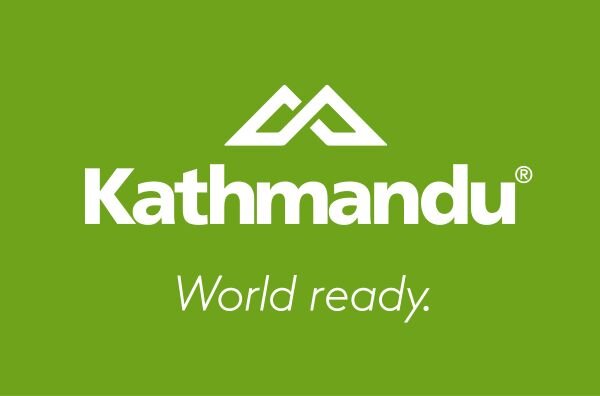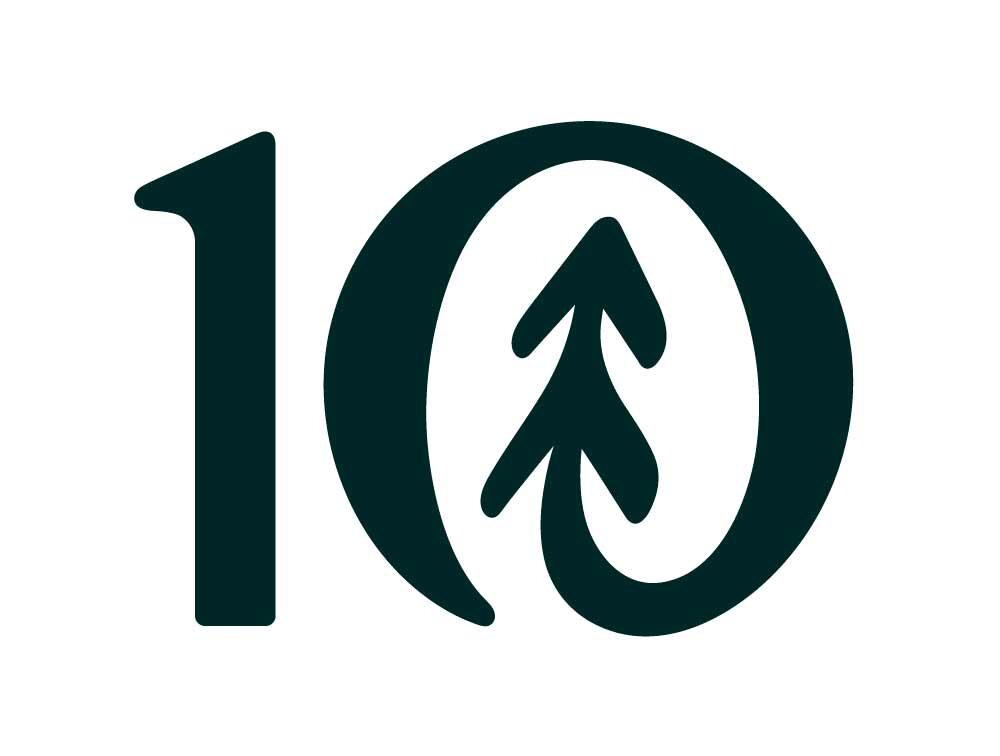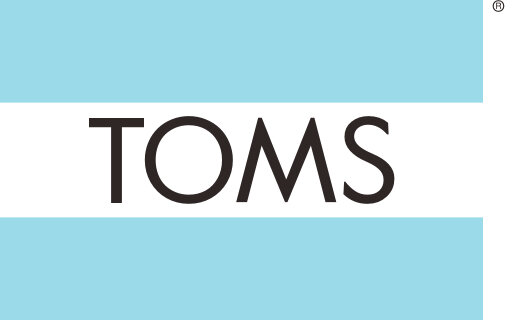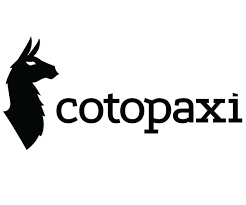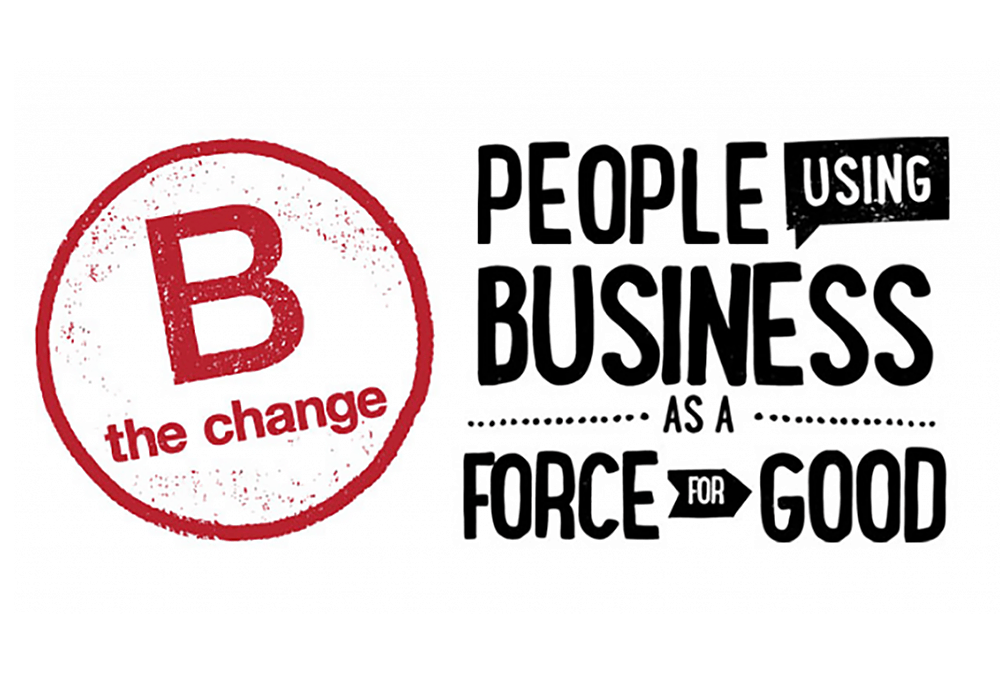B Corps are companies certified by the non-profit organization B Lab. There are three pillars to B Corp certification: meeting rigorous standards of social and environmental performance, transparency around that performance, and accountability. Alone, none of these pillars are sufficient. Together, they make the B Corp Certification unique, credible, and meaningful.
Let me briefly explain those three pillars, as these form the fundaments of all B Corps worldwide.
1) To qualify for certification, companies must achieve every three years a minimum verified score on the B Impact assessment —a rigorous assessment of a company’s impact on its governance, workers, customers, community, and environment. The assessment is followed by a two-hour interview to verify the answers with B Lab.
2) To ensure transparency, each B Corp will get a public profile showing their B Impact Report on bcorporation.net.
3) Certified B Corporations are obliged to amend their legal governing documents - articles of association - to require their board of directors to balance profit and purpose by considering all stakeholders.
B Corp Certification doesn’t just evaluate a product or service (eg. like Fair Trade, Organic or LEED); it assesses the overall positive impact of the company as a whole that stands behind it. And increasingly, that’s what people care most about. Where we work, where we shop, what we buy, who we invest in, what we create – is becoming a source of identity and purpose.
Obtaining B Corp certification isn’t a walk in the park. We want to keep raising the bar of the certification to ensure its quality and credibility across the globe. The assessments takes time and requires buy-in from your senior management team and the commitment from key topic-owners across departments. Also, once becoming a B Corp, it is not a final destination, rather an ongoing journey of improving and enhancing the business.
Often I’m asked the question Is B Corp a certification? Yes it is a third-party certification, and it’s much more than that. With the B Corp certification, a company steps into a community of like-minded businesses, driving a global movement of people using business as a force for good to solve societal challenges.
How has B Corp been received in Europe?
Inspired by B Lab, B Lab Europe was launched in 2015 for the purpose of redefining success in businesses and the economy in Europe. Since the start of B Lab Europe it has gained remarkable traction with approaching 800 certified B Corps and nearly 20,000 European users of the B Impact Assessment, the numbers keep growing. The European movement is underpinned by a network of different entities – certified B Corps, Country partner representatives, B Leaders and the small team of B Lab Europe.
Before B Corp set foot on European grounds, many countries had their own social enterprise or solidarity economy movements with different legal models on offer for mission-driven companies. There was a fertile ground for the B Corp certification, as many companies were in essence a B Corp already even before the introduction of “B Corp”. We were welcomed with plenty of excitement, curiosity and sincere interest. Nevertheless, at the start of B Lab Europe we also felt initial resistance and questioning coming from some of the European markets. The “not-invented-here-syndrome” and “why should we embrace and adopt an American standard” were some of the market feedback we received.
We were well aware that there would not be a one-size fits all for Europe and that it wouldn’t be a matter of “just” copy-pasting the American market approach nor the Sistema B (B Lab South-America), or the Australian way of working. We learned a lot from those more mature B Corp markets, so our approach was to copy and adjust, improve and make it locally fit just right. The network of B Lab Europe’s country partners was vital in providing a solid base to build a thriving European B Corp movement. We need the local flavours, adopt our wording to local language, be sensitive to culture and be mindful of the country specific stages of building the new economy. Today we see that B Corps are a welcome addition in Europe to the new ecosystem of alternative business models.
What are the benefits of becoming a Certified B-Corp?



